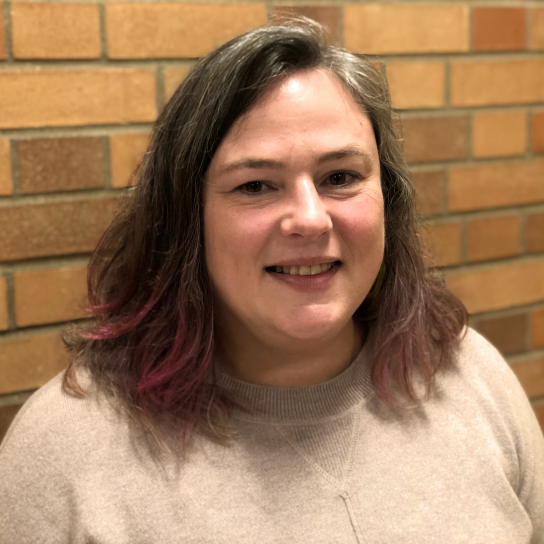by Carla Pfahl
Quick Summary
I attended Public Library Division (PLD) Day as part of MLA’s Pre-Conference Workshop in Mankato the day before the MLA Conference. The workshop, “Get It Together: Reclaiming Our Purpose for the 21st Century,” was presented by Valerie Gross, President & CEO, Howard Coun
Body
I attended Public Library Division (PLD) Day as part of MLA’s Pre-Conference Workshop in Mankato the day before the MLA Conference. The workshop, “Get It Together: Reclaiming Our Purpose for the 21st Century,” was presented by Valerie Gross, President & CEO, Howard County Library System in Maryland, and was based on her newest book, Transforming our image, building our brand : the education advantage.
Gross spoke of the power of language and how changing the language used at the Howard County Library System helped put the library system on new terms with the public, schools, and legislators. By aligning themselves with the same (or similar) language used about schools, Gross was able to explain what the library did for the community and it was as if a veil had been taken away. She reports that most community members were able to understand what the library did and its value for the community without further explanation.
When the new language (e.g., using “Children’s Class” instead of “Storytime” and “Instructor or Teacher” instead of “Librarian”) was given to library staff, Gross commented that several staff were so enthusiastic of the changes that they wanted to begin using them immediately. The language accurately reflected the work they did and how they viewed their own roles in the library. They have also made partnerships with local organizations and schools for programs outside of their library such as the annual event Battle of the Books, A+ Partners in Education, Blossoms of Hope, and even hosting local farmer’s markets and area branches.
In her workshop, she talked about the heightened perceived value of products. Her continued example was that of generic (tap) water versus Evian bottled water and identifying what it is that commands the extra money we spend to purchase the Evian water. Part of that, she explains, is the perceived value of quality we have of the Evian product – which mainly comes from the language. With that in mind, libraries can accomplish the WOW factor through the language we choose to use to talk about ourselves, our work, our organization.
Another point she makes is that, according to the PEW Report, How Americans Value Public Libraries in Their Communities, nearly one third of Americans don’t know what libraries do. However, Gross remarked that it was very likely that all or nearly all 100% of Americans know what schools do.
The solution, Gross believes, is to change the words we use. Historically, the message libraries have shared is that libraries are important; we just have to tell them (the public, legislators) our story. However, the problem with that is that we have to explain what it all means. A smarter, simpler no-explanation-needed solution is to change the words. Businesses often use language change as a simple marketing tool: used car v. certified pre-owned vehicle; prune v. dried plum; gambling v. gaming; liquor v. spirits – it all means the same but prettier words attract more people. For libraries, the one word to change, to use for our image/vision is “education.” What we do not want to say is: we play an educational role; we support education – this vision is too small. Rather, we ARE education – education is our role. This gives libraries an equal footing with schools.
Their words have transformed Howard County Library into the 2013 Gale/Library Journal Library of the Year. Gross highlights that libraries need to define their vision as a strong education system that delivers “high-quality public education for all ages.” The role of the libraries can be explained as “Three Pillars.” If libraries equal education, then the three pillars that comprise the overall educational mission and curriculum are:
- Self-Directed Education
- Research Assistance & Instruction
- Instructive & Enlightening Experiences
